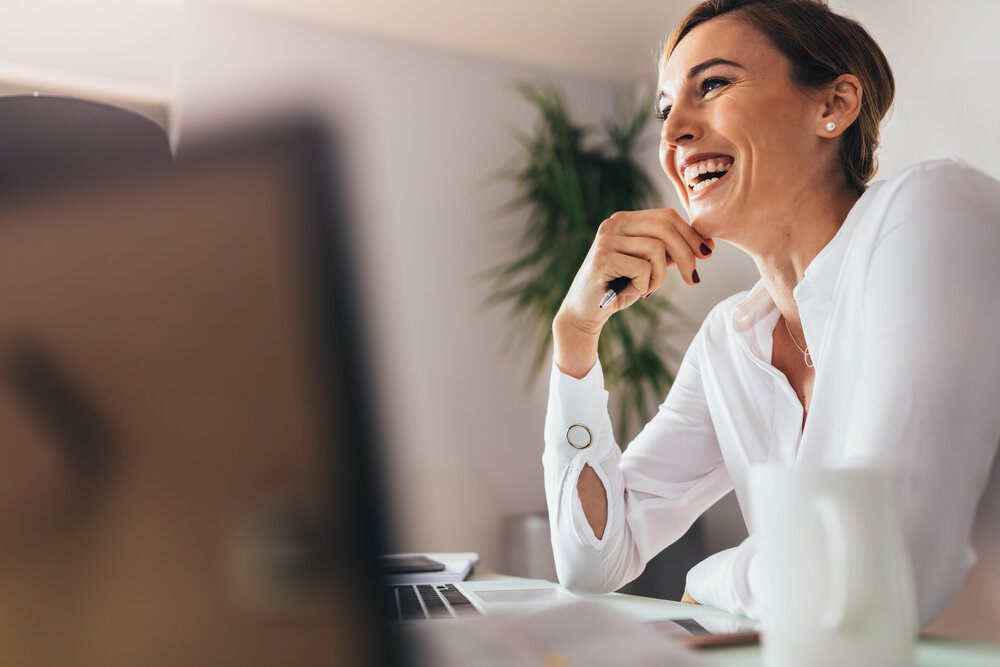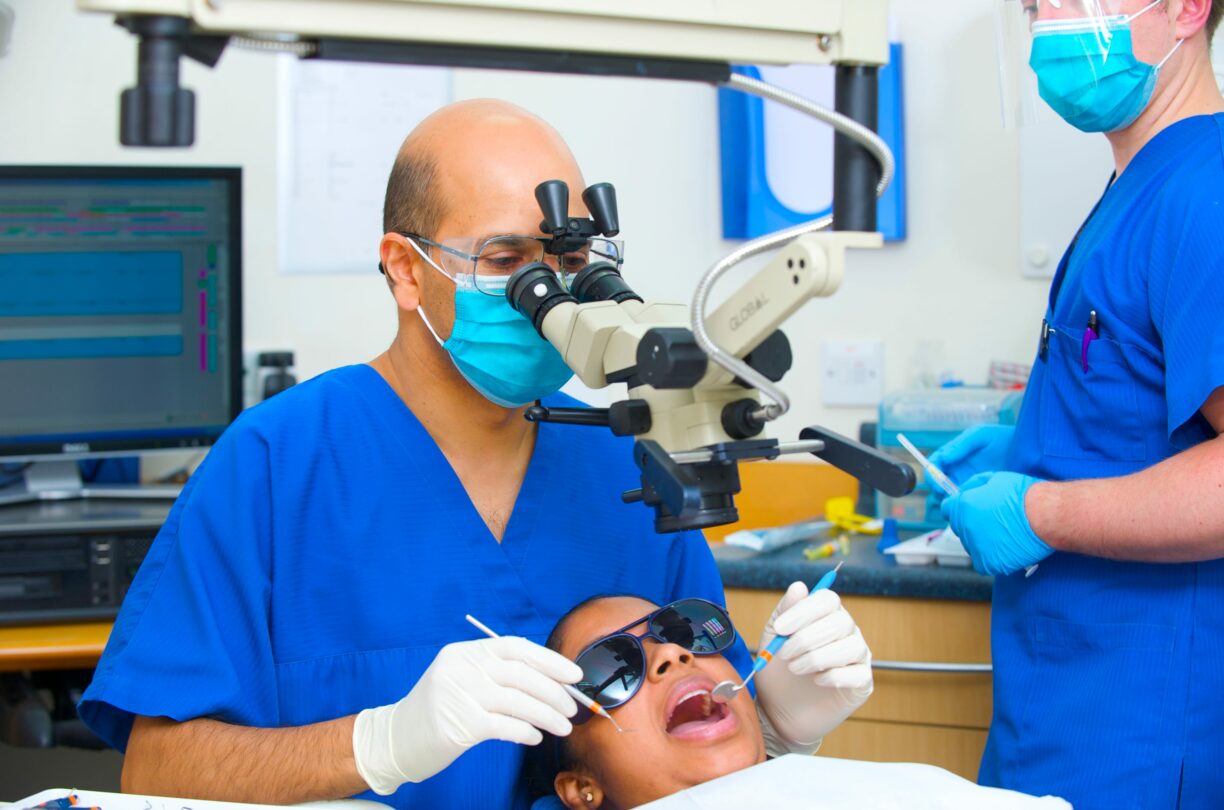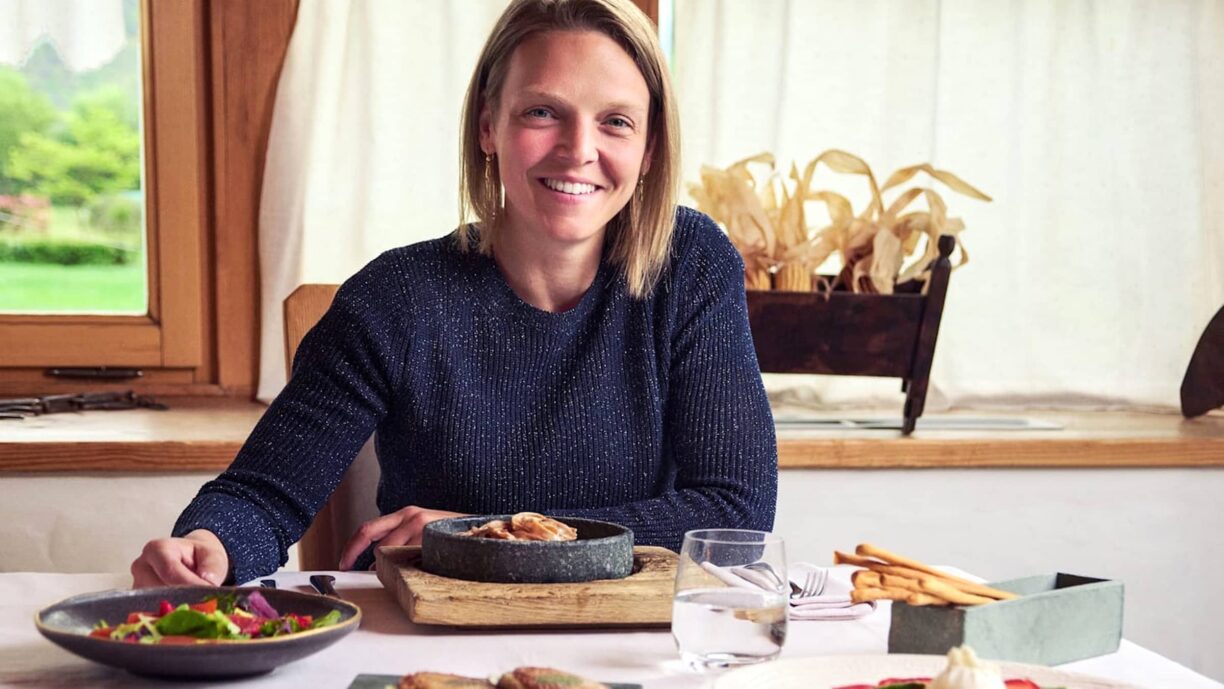Beauty, grooming and mental health have long intersected. Historically when we feel good, practising self-care and participating in grooming rituals, we have felt the positive results on our confidence and self-esteem.
However, many of the beauty procedures that have become a mainstay in the routines of people all over the world – from regular haircuts and manicures/pedicures to elective cosmetic surgery – have been eliminated due to the lockdown.
We are left with the question: without these integrated parts of our routines, how will our mental health fare, and how will our perceptions of ourselves change?
Though the country is just beginning to come out of full lockdown, we are still a long way away from being able to go to a hairdresser, manicurist or aesthetician.
For many, this represents the longest period of time spent without any treatments of any kind, with a growing number of people including cosmetic procedures as an essential part of self-care.
Millions continue working from home, and have struggled with their new normal – balancing work and life with minimal exposure to the outside world.
Many struggle with setting up structured routines for themselves, often forgoing regular self-care rituals like getting dressed for the day or makeup – which may have been an integral part of getting ready and putting their best foot forward prior to lockdown.
Looking good is synonymous with feeling good for many, and for those relying on frequent cosmetic procedures, the inability to receive these treatments can be anxiety-inducing and have a negative impact on mental health.
Renowned cosmetic surgeon and co-founder of Uvence, Dr Olivier Amar, discusses the impact of the lockdown on regular cosmetic treatment patients:
“Cosmetic procedures are becoming more of a regular staple to ensuring a client can look and feel the way they desire.
For some, cosmetic procedures and the result thereof represent a major facet in their self-identity and confidence. Similar to that of getting your hair cut or wearing makeup, cosmetic procedures (particularly non-invasive procedures such as dermal fillers and Botox) are becoming a major cornerstone of one’s beauty regime.
By removing the ability to receive treatments, some patients are experiencing higher levels of stress and anxiousness due to the potential impact that not having a treatment may have on their appearance.
Another stressor unique to the lockdown is the increase of video calls, which psychologically are very similar to sitting in front of a mirror all day.
While video calls are making the transition to at-home working and socializing easier, they also present an opportunity to spend nearly the entire day staring at your own face – presenting hours on end for self-critique. Many people are also suffering from something described as ‘zoom fatigue’ where people are inexplicably drained after video calls.
This has been attributed to being forced into a state of hyperawareness of how you look and present yourself while you are on the call. Cameras also do not show one’s true self. They are inverted images that can be unflattering, and lead people to believe that they need certain treatments to help with something that may be minimal in reality.
Conversations around self-care have dominated the beauty industry in recent years, and while there’s no magic button for avoiding stressors entirely, devoting some time to what makes you feel good can help offset the feeling that you’re out of control.
Whether it’s a haircut, a facemask or a cosmetic procedure, many people do rely on beauty treatments to feel good. When these self-care rituals are taken away from us, some people can feel that the control they are seeking is being taken away, and leave them feeling anxious and increasingly stressed.”






